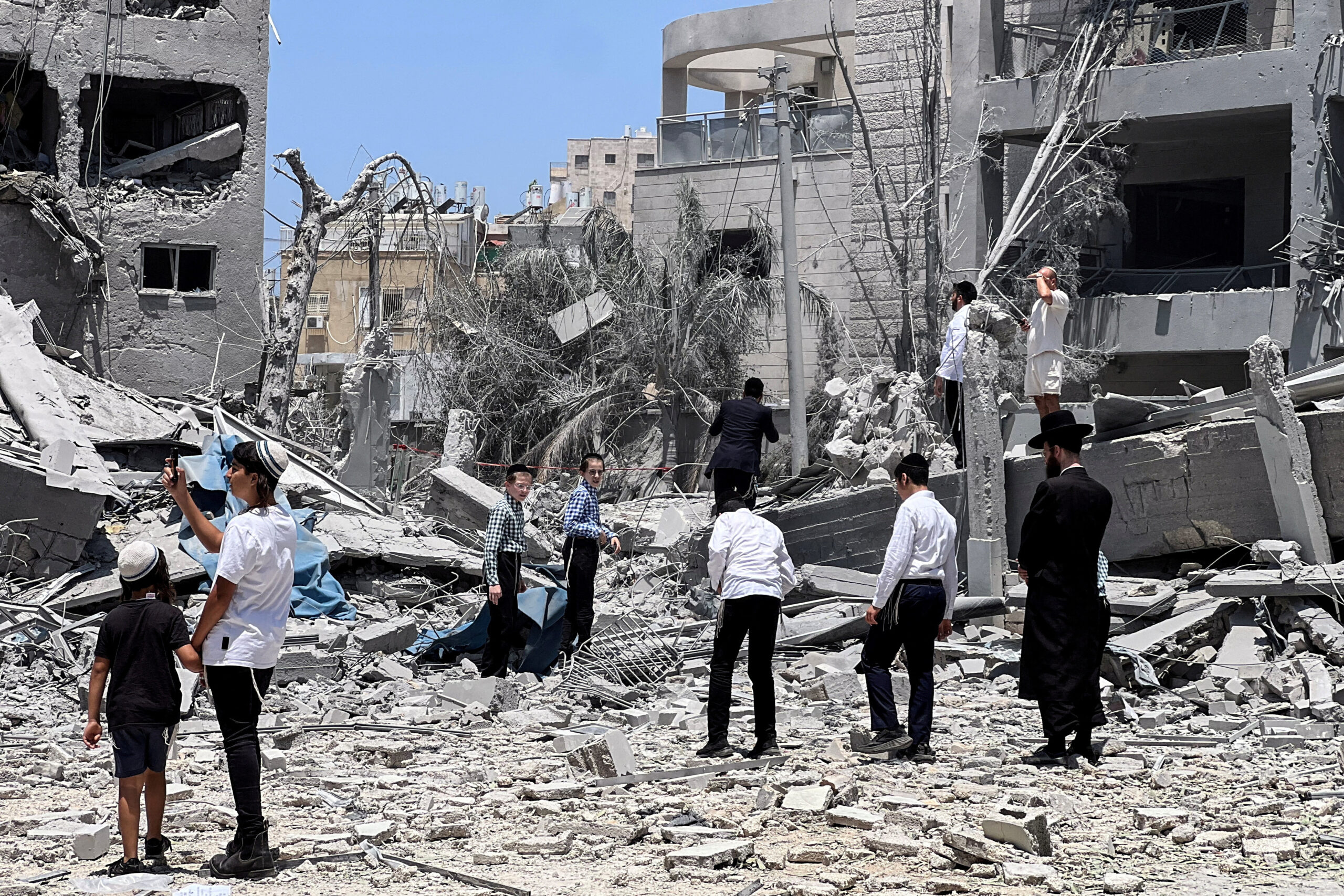Following a series of precision Israeli strikes inside Iran targeting nuclear facilities and military infrastructure, national security expert Steven Bucci joined Chicago’s Morning Answer to break down the implications of the daring operation—and why he believes it may have prevented a global catastrophe.
Bucci, a retired Army Special Forces officer and former Pentagon official, praised the surgical nature of the Israeli campaign, calling it “as precisely targeted as anything in warfare can ever be.” He said Israel acted on credible intelligence that Iran was dangerously close to weaponizing uranium, possibly arming terrorist proxies with nuclear devices.
The mission reportedly included Mossad-built drone bases, commandos launching missiles from inside Iran, and targeted assassinations of top nuclear scientists and commanders. The scope of the action, Bucci noted, demonstrated that “Israel waited as long as it could” and “cut the margin down so close” before acting, all while giving President Trump time to pursue a diplomatic solution.
While critics have warned that such strikes could ignite a broader conflict, Bucci dismissed the notion that Israel’s operation was reckless or destabilizing. He emphasized that Iran’s regime—responsible for the deaths of Americans in Beirut, Iraq, and Afghanistan, and long known for its “death to America” chants—is not a good-faith actor.
Bucci also pushed back on the idea that the threat posed by Iran’s nuclear ambitions is overblown or comparable to the WMD debacle in Iraq. “Even the UN now acknowledges Iran is breaking agreements,” he said. “And Israel doesn’t act lightly. They knew the threat was real.”
The interview touched on the broader geopolitical landscape, including concerns about escalating tensions drawing in the BRICS nations. Bucci called those fears “fantasy,” arguing that while countries like Russia and China share a general opposition to the U.S., they lack the unity or shared interests to mount a coordinated military challenge.
On the domestic front, Bucci addressed the growing chorus of isolationist voices, including those from high-profile figures like Tucker Carlson, who criticized any calls for U.S. involvement as warmongering. Bucci called Carlson’s position simplistic and devoid of strategic understanding, emphasizing that America has vital interests in the region that can’t be ignored.
“We’re not sending troops into Tehran,” Bucci clarified. “But we are showing the world that under President Trump, America will stand by its allies and not let threats go unanswered.”
Critics of the operation have also claimed it could backfire by emboldening Iran or provoking retaliation. But Bucci countered that with every missile fired, Iran is exposing its remaining military infrastructure, giving Israel even more targets to neutralize.
As the dust settles, the strikes appear to have reset the regional balance—at least temporarily—in favor of Israel and its allies. Whether the Iranian regime can or will recover from this latest blow remains to be seen. But Bucci believes the operation was necessary and expertly executed.
“Warfare is not about perfection,” he said. “It’s about preventing existential threats. And Israel did exactly that.”





